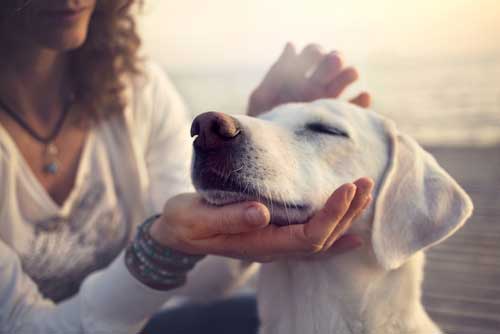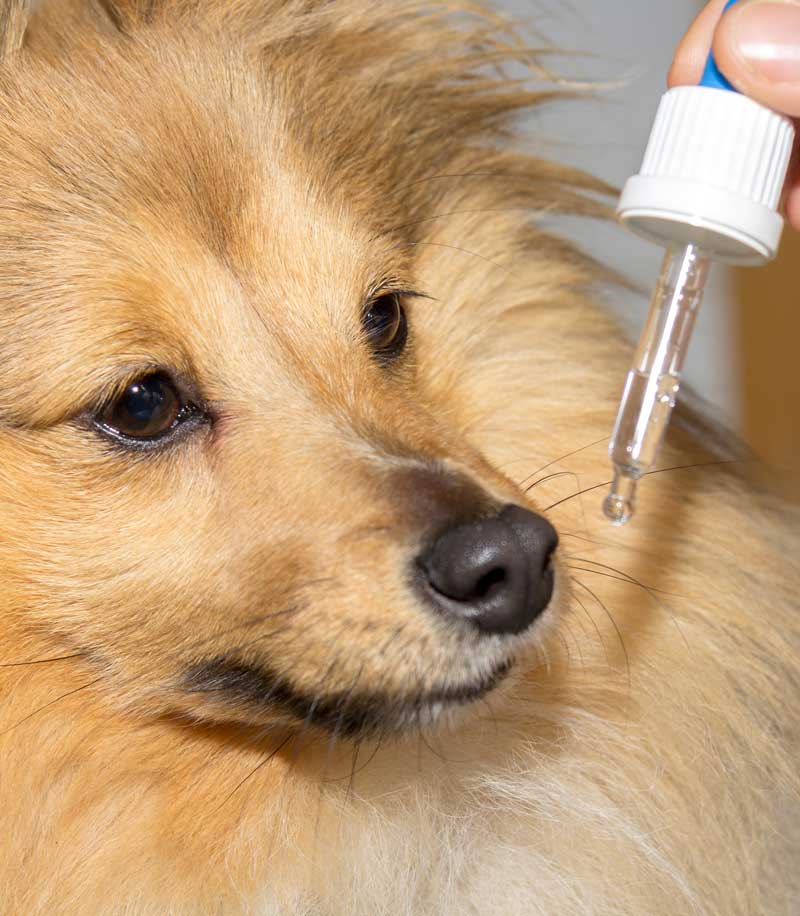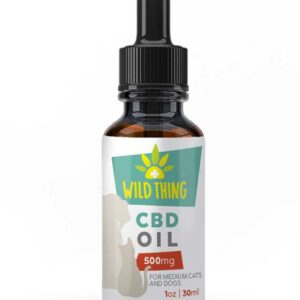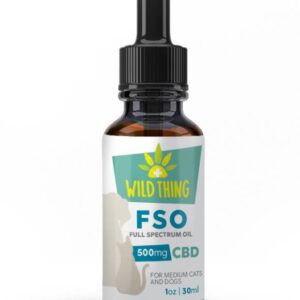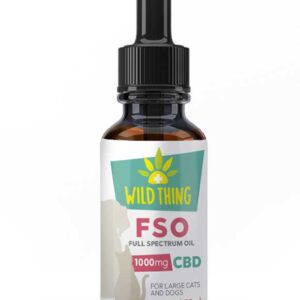Like a human best friend, your dog is not perfect either. Your dog can also suffer from anxiety, but there are many natural remedies to treat it.
You love your dog and they love you, but they can’t tell you why they are acting a certain way. Separation anxiety is the most common type of anxiety in man’s best friend and, in short, it’s a symptom of loving you too much. The good news is there are many natural remedies to solve the problem of your dog loving you too much. Let’s take a look at some common and not so common causes of most dogs showing signs of anxiety.
Ailment Guides:
Aggression In Dogs
Appetite Loss In Cats
Abdominal Pain In Dogs
stress, nervousness and anxiety in dogs
Most common types of anxiety in dogs
Separation Anxiety
Less common types of canine anxiety
There are many day-to-day situations that can cause your dog stress or anxiety.
“Aurora is our chihuahua. Anyone who has a chihuahua knows that they’re not the calmest dogs on the block. We struggled to keep Aurora from getting too amped up whenever we had company, or whenever we went for a walk, or whenever we really did anything involving the outside world.
A little CBD has a BIG effect on Aurora’s anxiety. We also love that it doesn’t make her dopey, just… not antsy. I’m a bigger dude, but I feel like I can really enjoy being a small-dog person now that our girl can keep her calm, and bark on 😉 “
signs & symptoms of anxiety in dogs
There are many different signs and symptoms of anxiety in dogs, in other words, a dog’s anxious behavior can differ as much as the appearance of a Shar Pei and a Shih Tzu. Some dogs show their anxiousness vocally, physically or decoratively by redesigning your furniture with their teeth. Other reactions may be less noticeable, such as panting, drooling, pacing or even hiding in the house. In extreme situations a dog’s anxiety can lead to long term stress and behavioral issues. For example, whining, excessive licking and maybe a surprise gift or two left on your favorite area rug.
Other symptoms of anxiety include:
- Reduced appetite
- Pica (eating non-edible materials)
- Lethargy
- Diarrhea
- Agitation
Anxiety Medications for Dogs
Dog anxiety is treatable with natural remedies we often don’t think about. For instance, socializing your dog and exposing them to different environments as a puppy. It’s certainly a scary world out there, however, the more they see, learn and understand about it, will help decrease anxious behavior as they grow older.
In short, familiarizing your dog with the real world can reduce the chances of them developing anxiety around these factors in the future. Also, regular exercise and a consistent, healthy diet is a great way to reduce anxiety in your dog.
There are also many medications available for dogs that suffer from chronic anxiety. Stress, nervousness and anxiety aren’t all equal, so it’s important to understand the nature of your dog’s anxieties before resorting to medical treatments from the veterinarian’s office. Many forms of canine anxiety can be corrected through behavioral training or a change in diet/scenery/schedule. Nevertheless, if you’ve tried a number of things and haven’t seen enough progress, a visit to your vet can set you up with the appropriate medication(s) to treat your pet’s anxiety.
Learn More:
Can You Mix Cbd With Other Pet Supplements
Cbd For Senior And Disabled Dogs
Can Cbd Oil Help With A Dogs Sleep And Snoring
Treating Anxiety in Dogs: CBD Dog Treats for Anxiety
CBD dog treats for anxiety can be a very effective way of treating anxiety in dogs.
Cannabidiol (CBD) can be very beneficial for limiting the effects of anxiety, stress and nervousness. CBD oils and treats can assist in the prevention of infections and reduction of tumors. It also helps to lessen the effects of lethargy, gastrointestinal issues and skin & coat deterioration.
CBD is generally effective at treating the symptoms of thyroid problems in your dog, but it is not formulated to treat the disease itself. Think of CBD as a supplement that can reduce the severity and frequency of most – if not all – of your dog’s canine anxiety.
Cannabidiol is a phytocannabinoid that has been shown to have a prominent effect on numerous ailments – including epilepsy, arthritis and cancer. Remedies containing CBD achieve this by interacting with your dog’s endocannabinoid system. Almost all animals, like people, have an endocannabinoid system; this network of neurotransmitters is integral to physiological processes like memory, mood, pain, stress and appetite.
This complex biosystem is very prevalent in dogs in comparison to other species. Canines have a high concentration of CB1 & CB2 receptors in their brainstem. CB1 receptors affect the brain, lungs, vascular system and muscles, gastrointestinal function; whereas, CB2 receptors are linked to bones, skin spleen and glial cells. In combination, CB1-CB2 collaborate in influencing the overall immune system, liver, kidneys, bone marrow, pancreas and brainstem.
CBD can help your dog by producing anti-inflammatory, anti-anxiety, antipsychotic, antispasmodic and analgesic effects indirectly – that is, CBD interacts with your dog’s ECS (Endocannabinoid System) opposite to THC which directly binds to the Cannabinoid Receptors of the body. This does two things: makes the positive remedial properties more bioavailable to your dog; and lessens or negates the psychoactive effects, such as those associated with THC ingestion.
As you can see by the wide scope of ailments that CBD effects, it is clear to see how introducing CBD into your dog’s routine can help to limit anxiety in dogs. CBD dog treats for anxiety can help to reduce the symptoms of canine anxiety and improve your dog’s quality of life.
Ailment Guides:
Inflammatory Arthritis In Dogs
Feline Hyperesthesia
Dermatitis In Dogs



